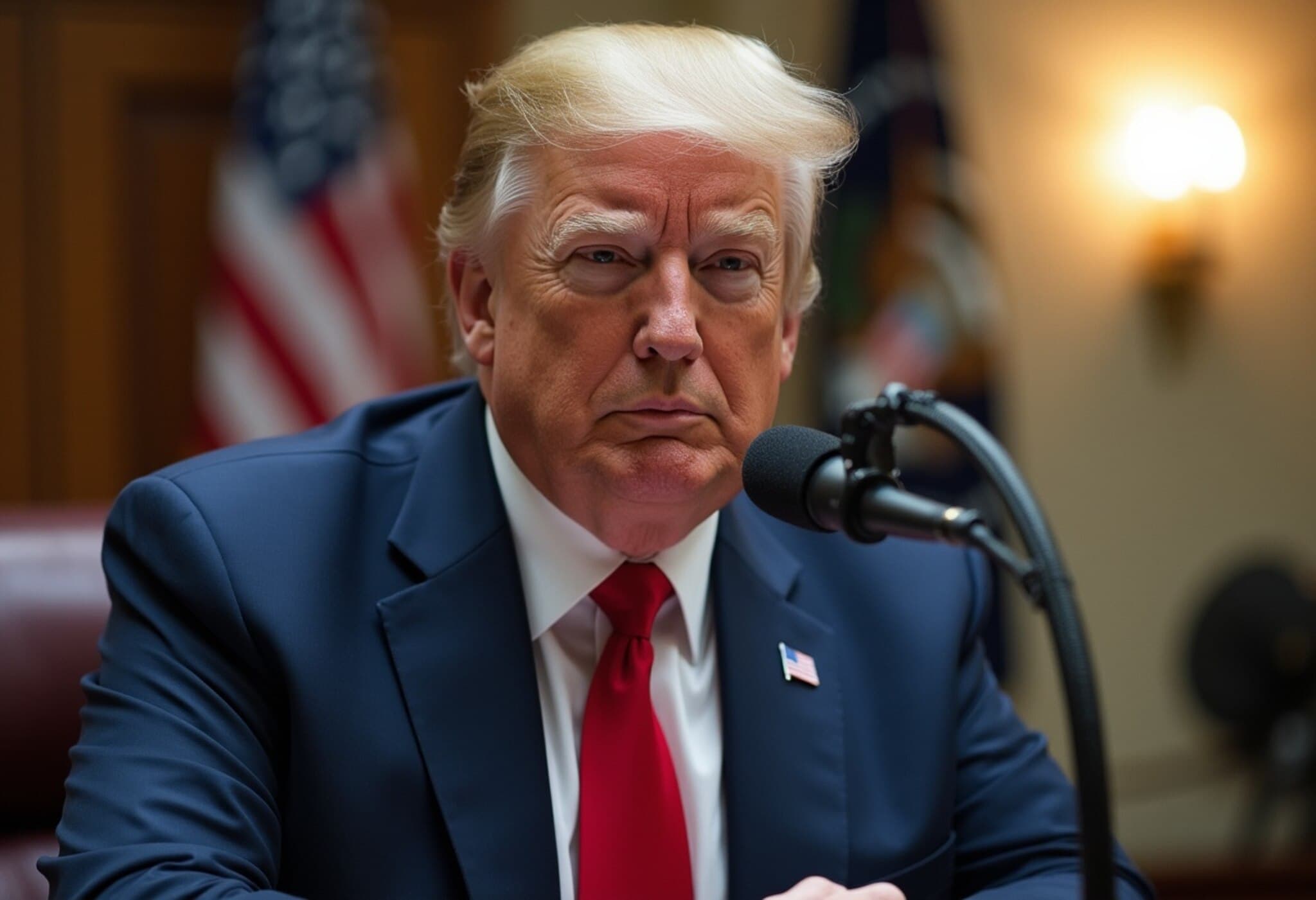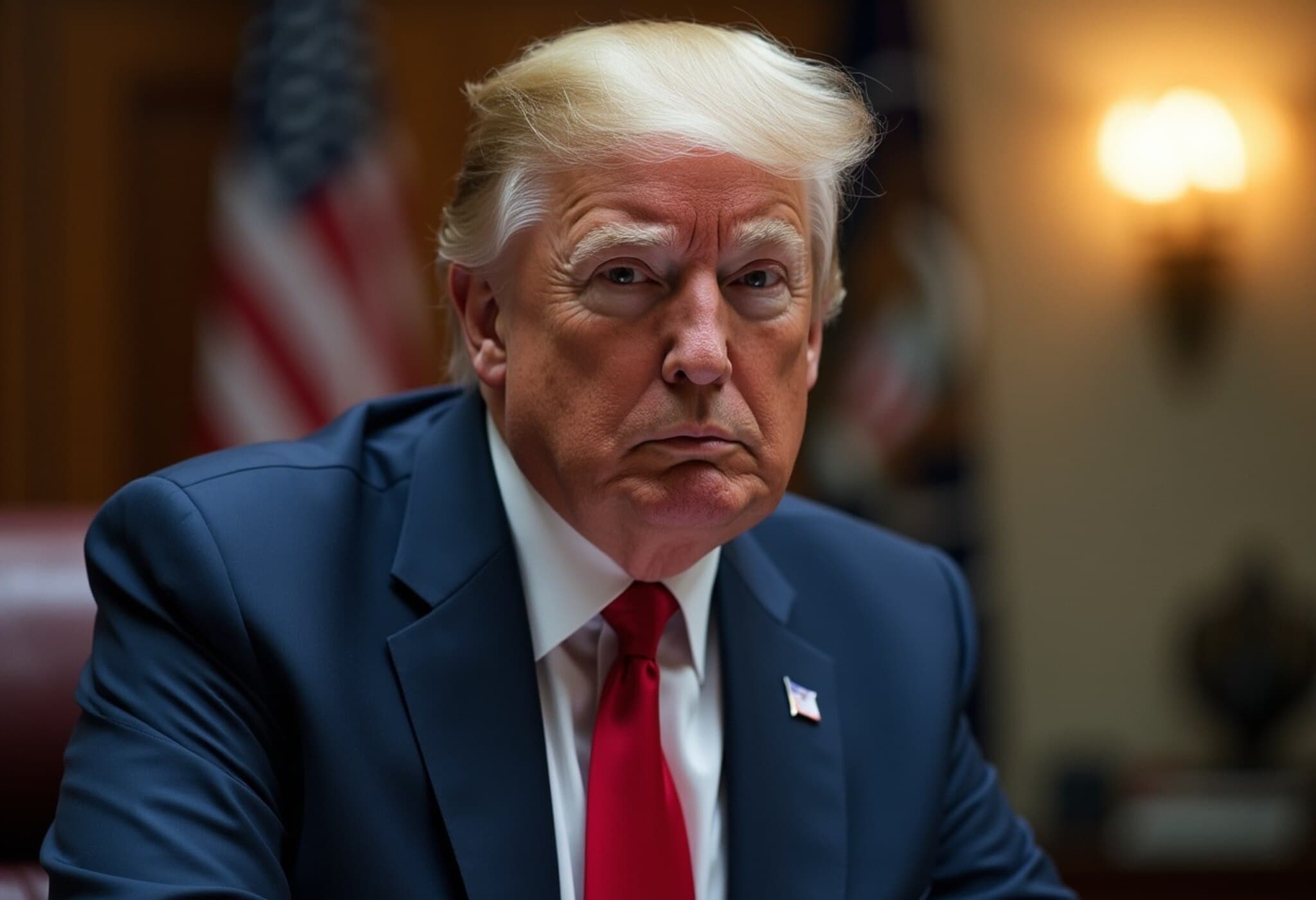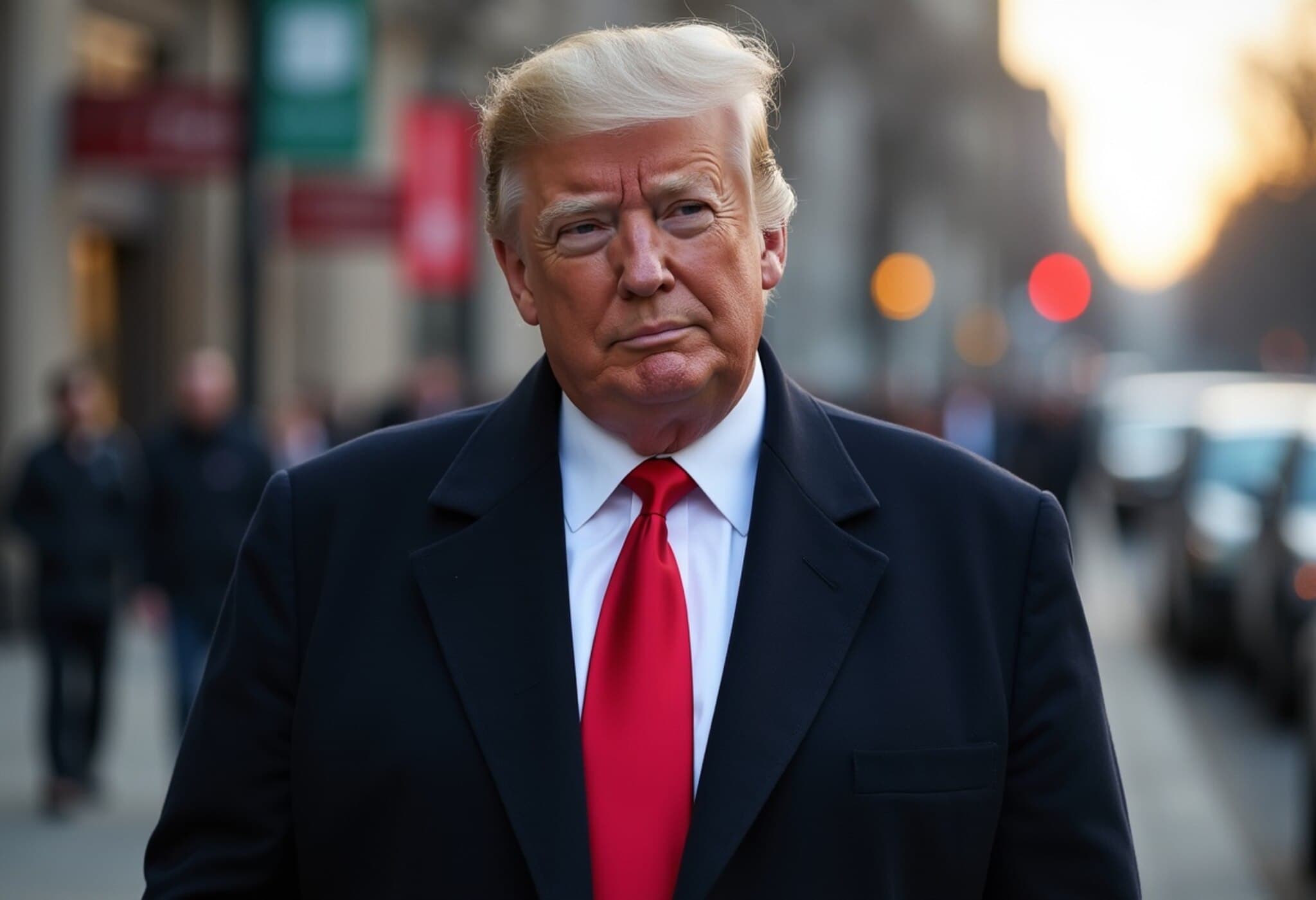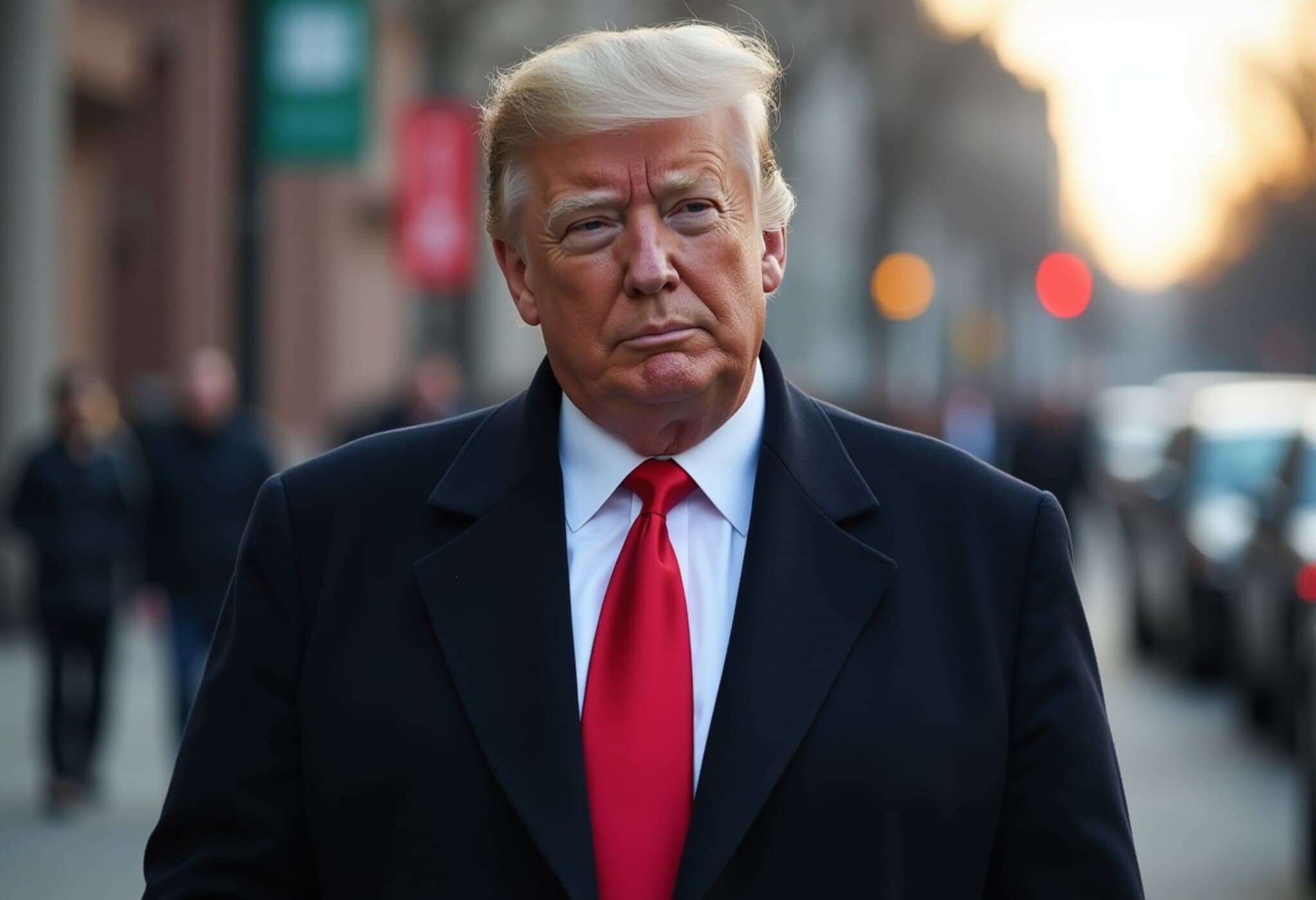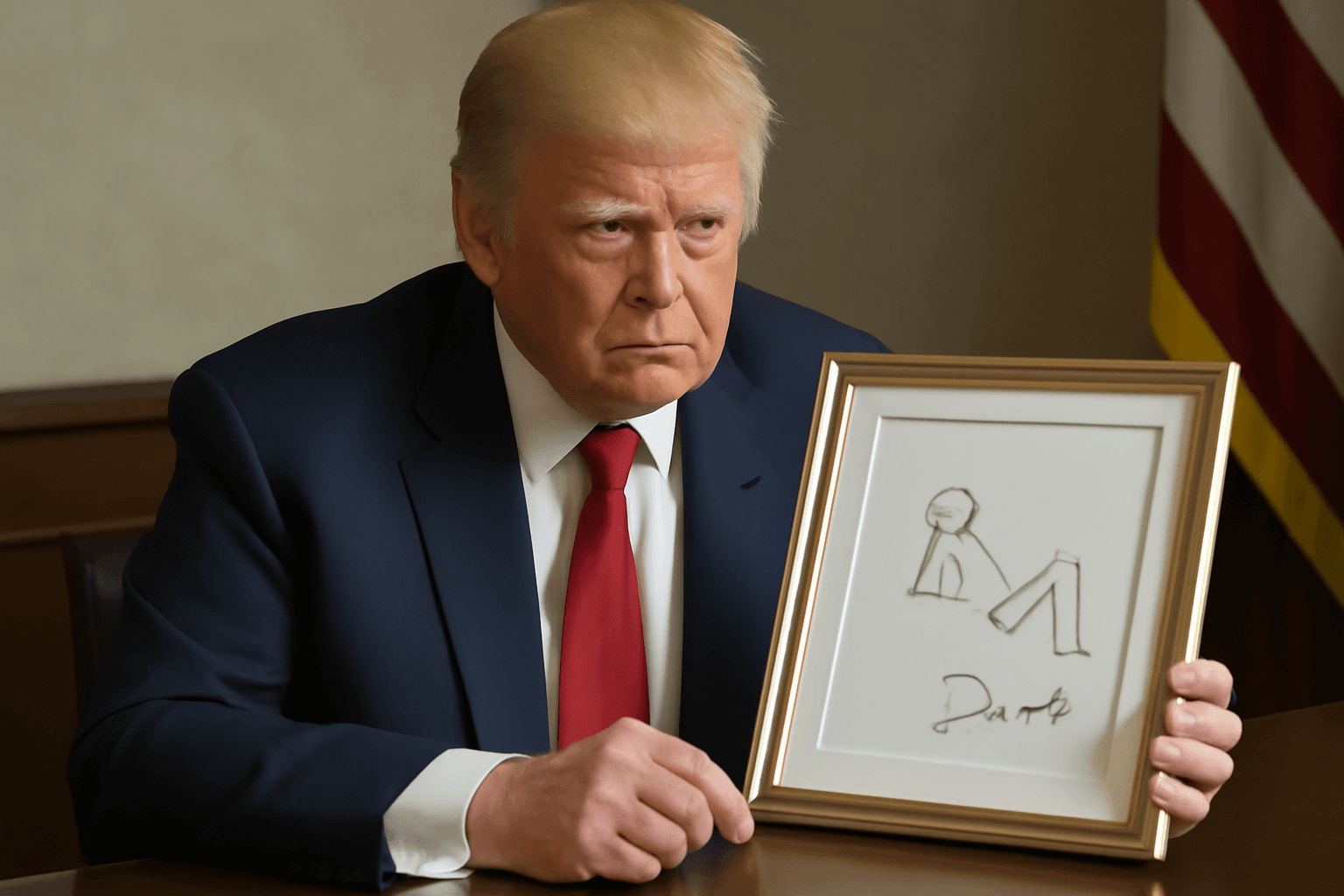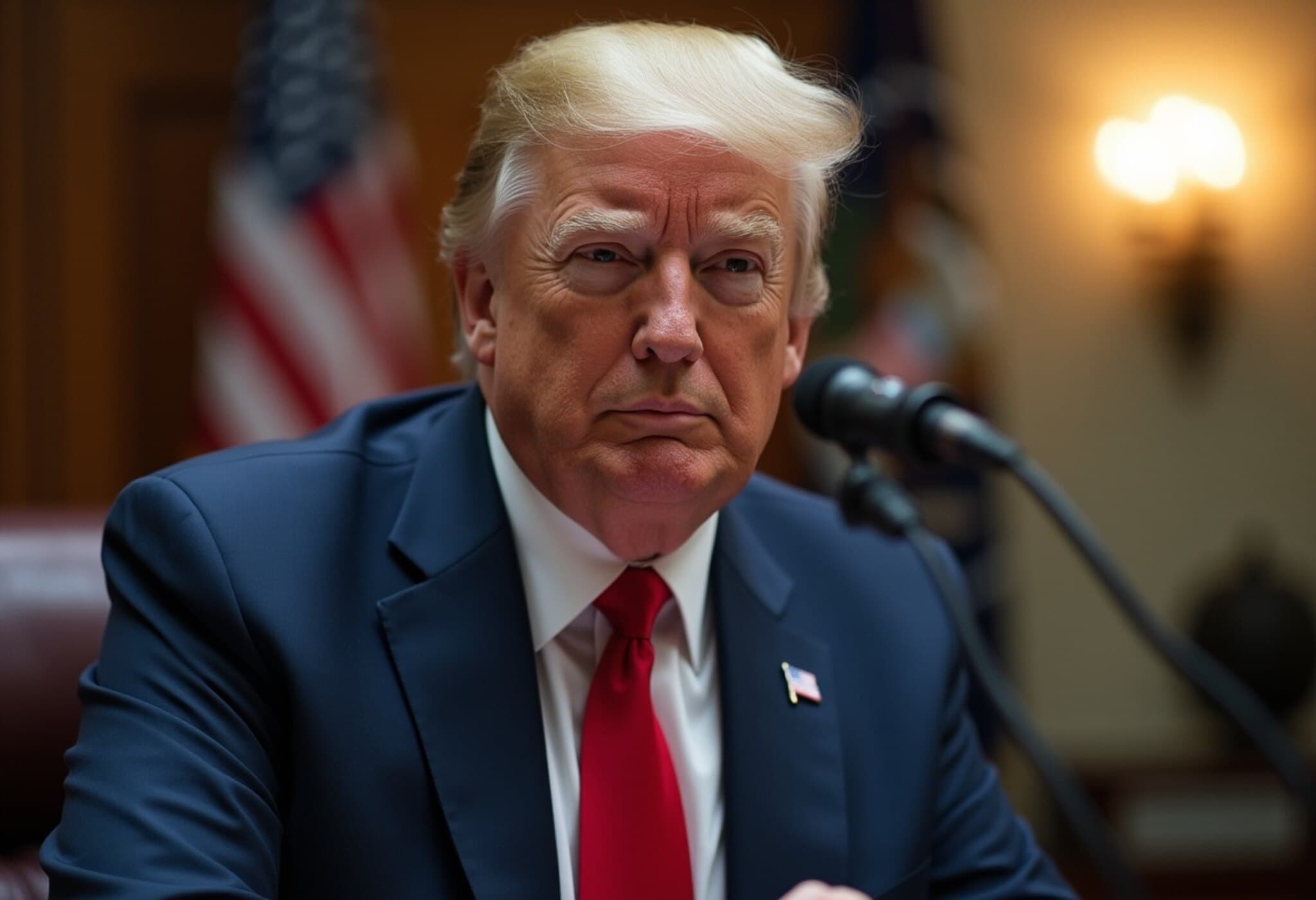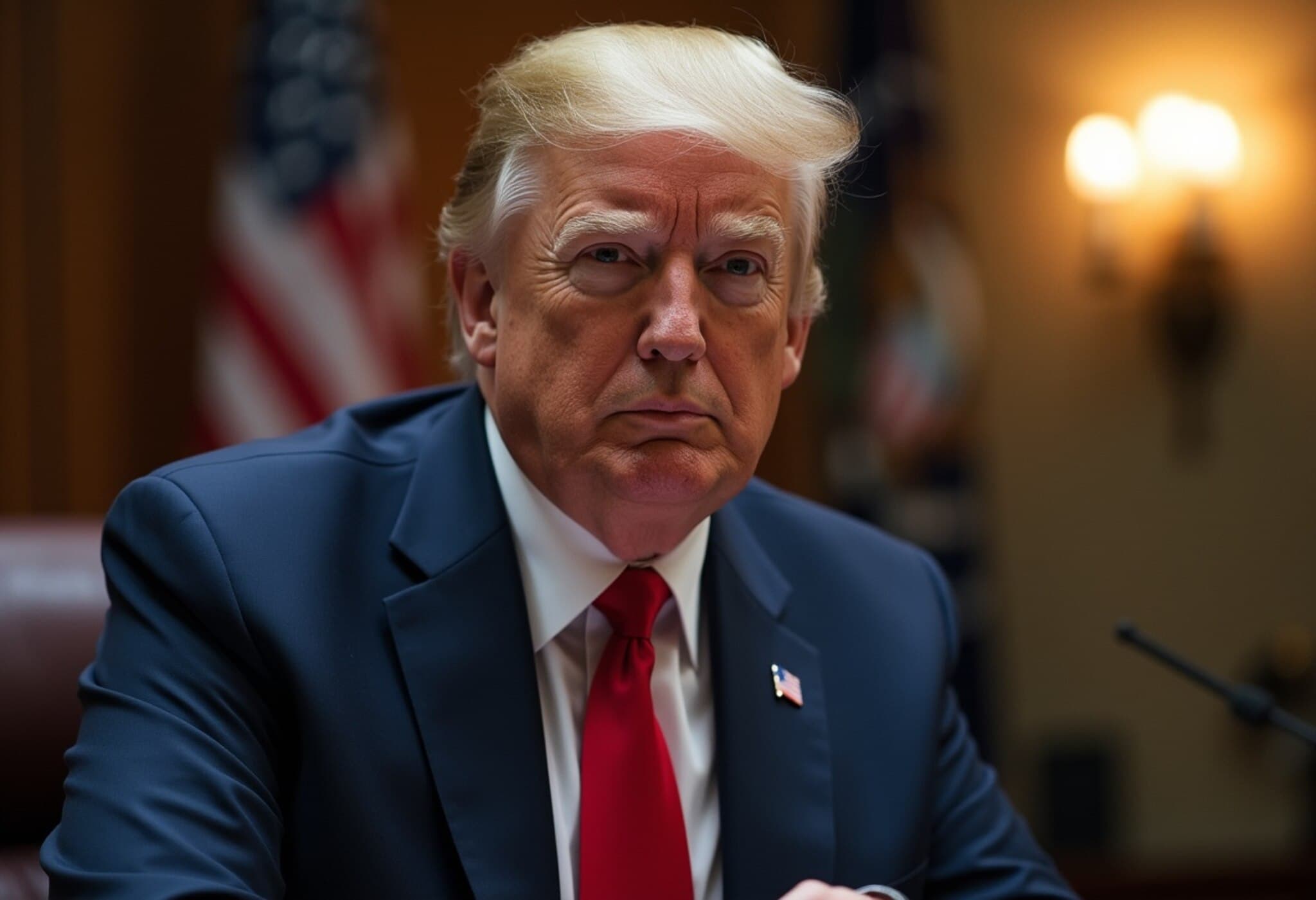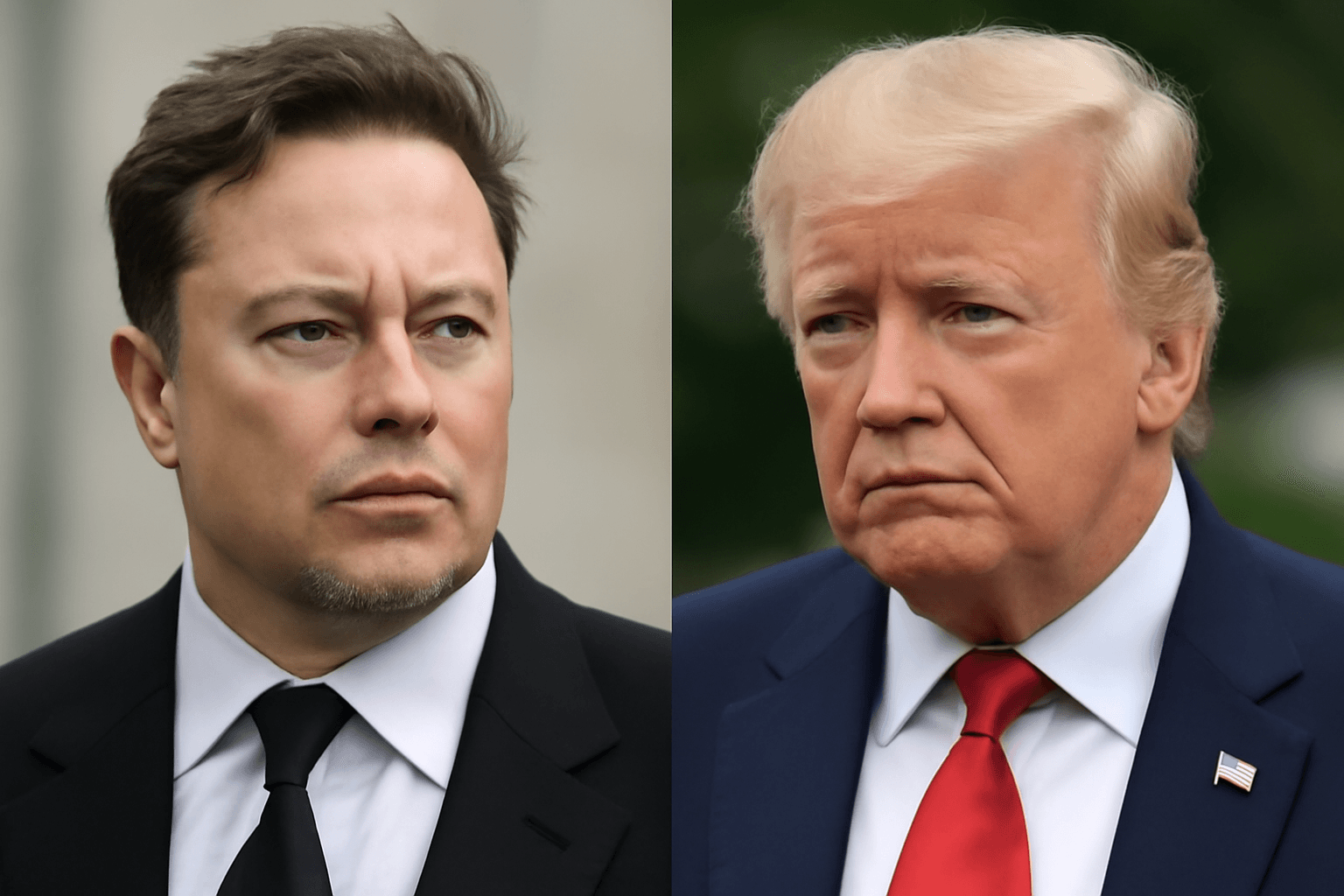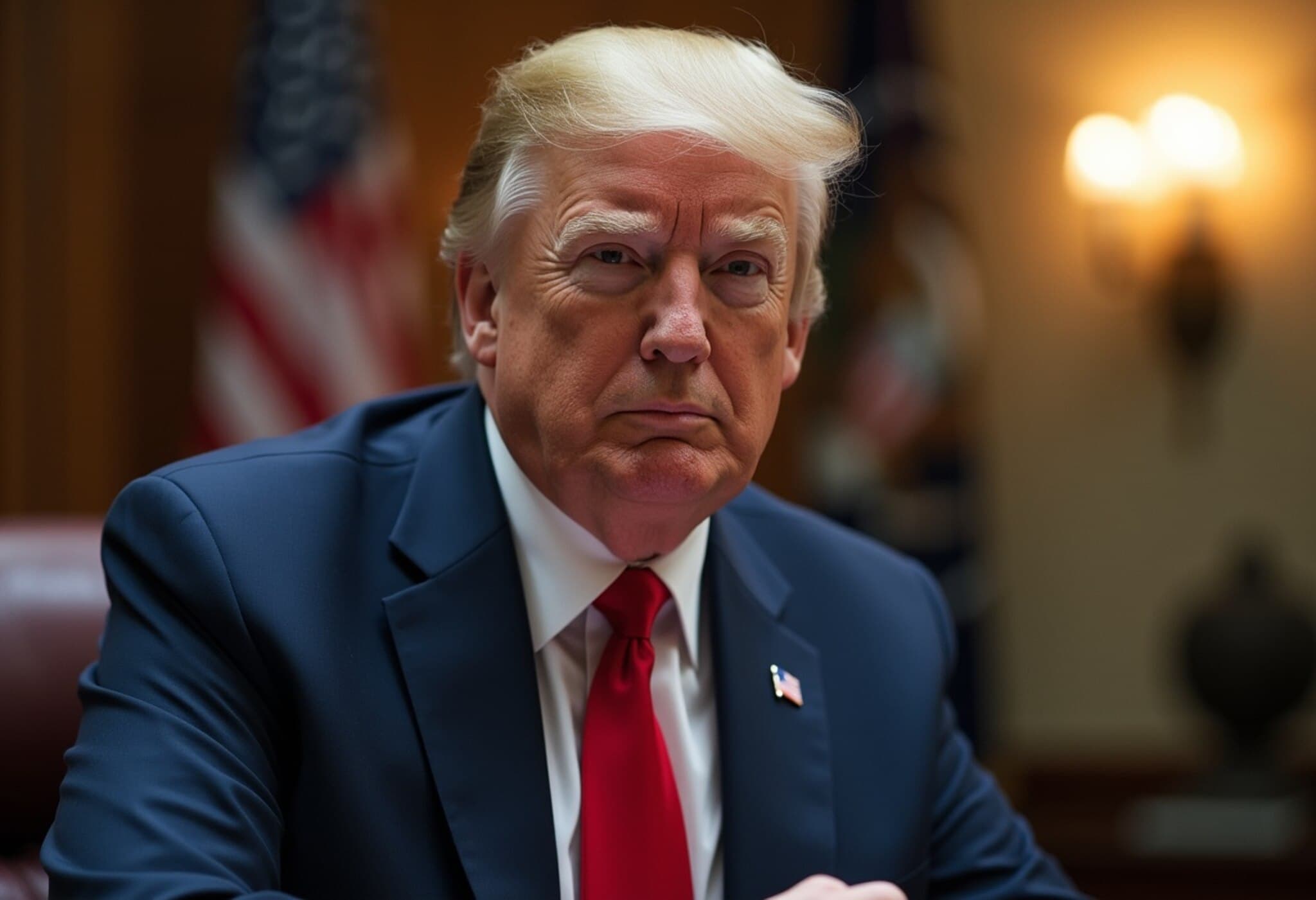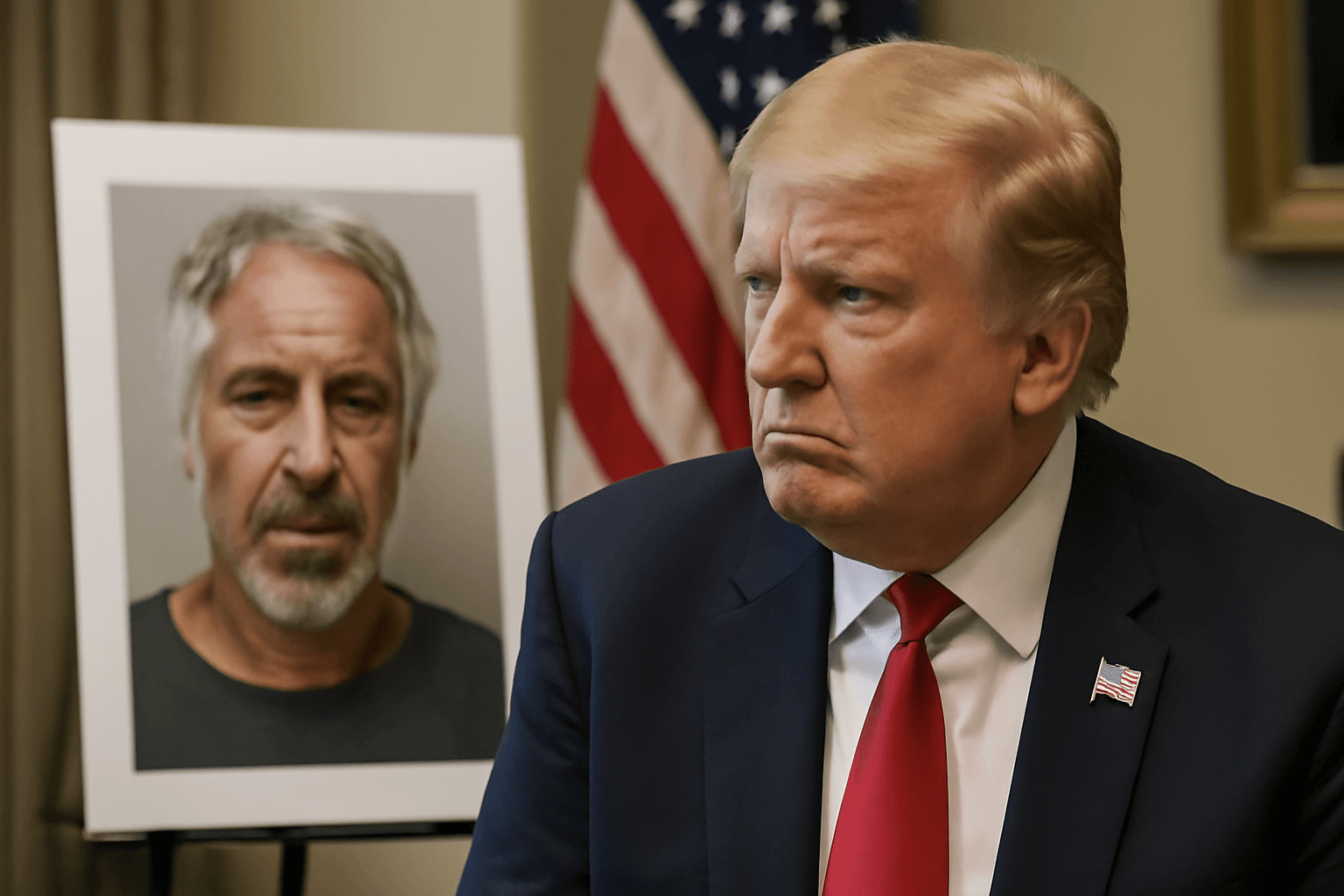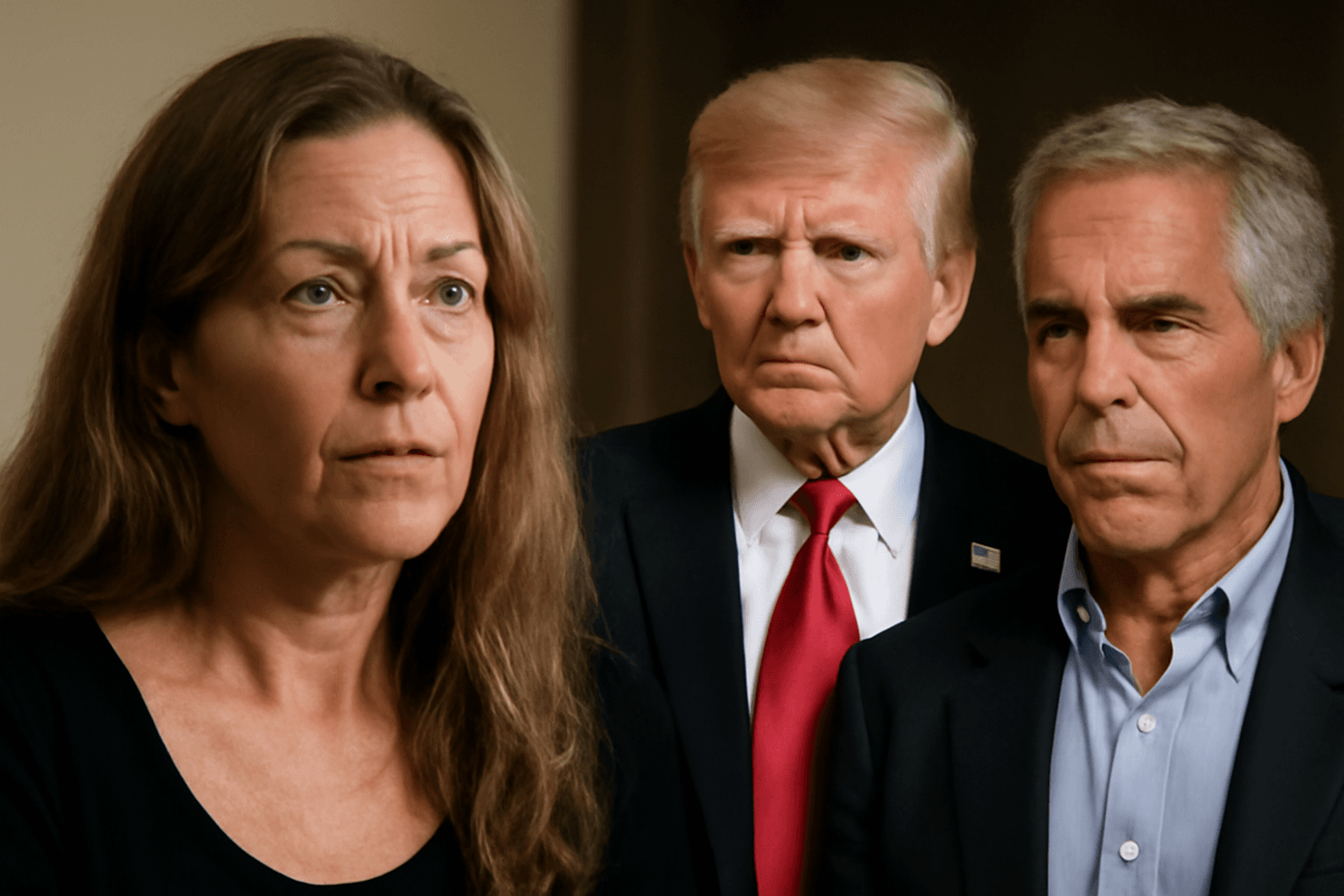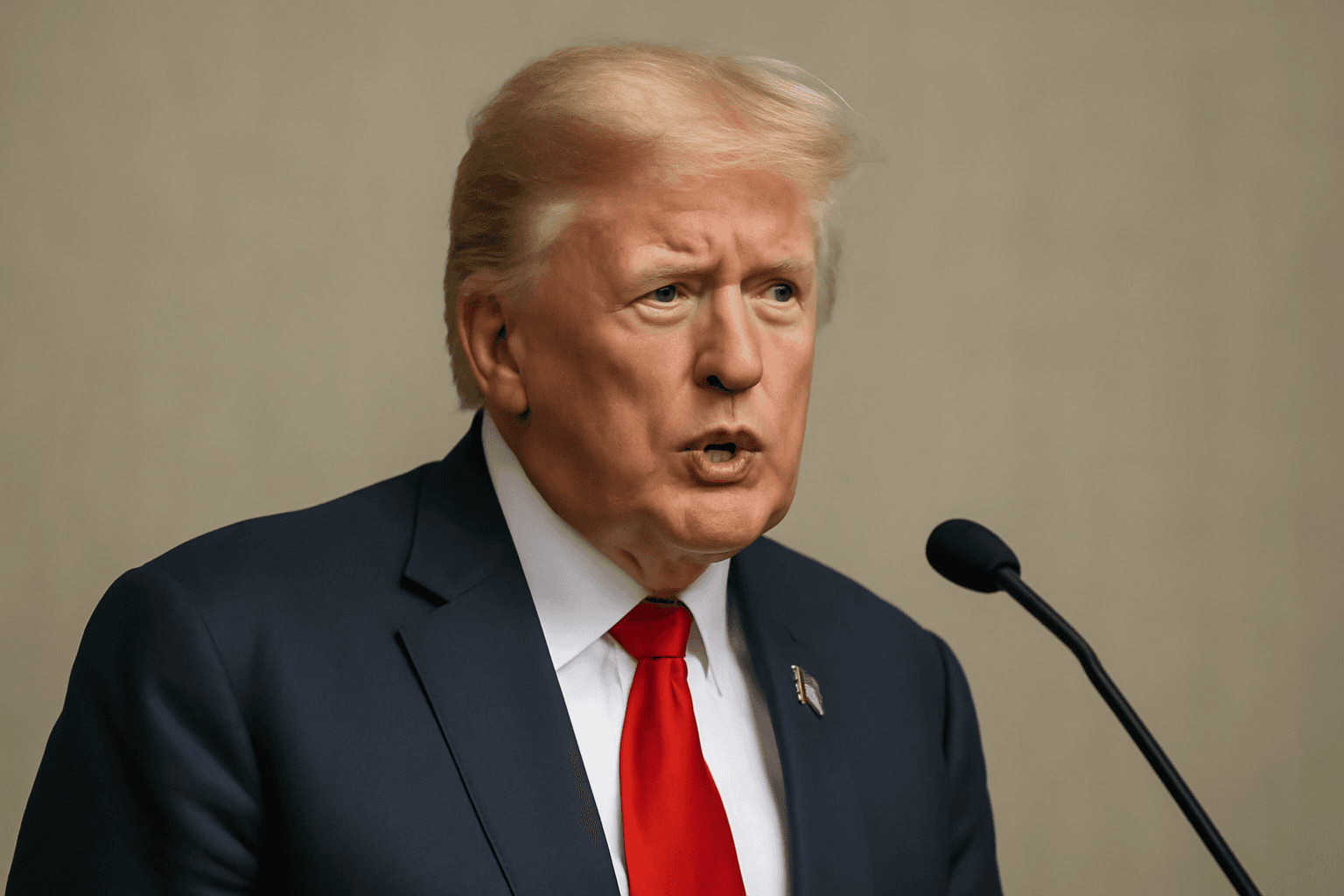Trump Denounces The Wall Street Journal Over Controversial Epstein Story
In a fiery statement on July 18, 2025, Former US President Donald Trump announced his intention to sue The Wall Street Journal, a prominent newspaper owned by media mogul Rupert Murdoch, over a recent article linking Trump to a cryptic birthday letter addressed to the late convicted sex offender Jeffrey Epstein. The exposé detailed a leather-bound book, organised by Epstein's associate Ghislaine Maxwell, containing a message allegedly penned by Trump for Epstein’s 50th birthday in 2003.
The Controversial Letter
The Wall Street Journal reported that Trump’s message was inscribed inside an outline resembling a nude woman, complete with small arcs symbolizing breasts, and included a dialogue-form text exchange:
- Donald: “We have certain things in common, Jeffrey.”
- Jeffrey: “Yes, we do, come to think of it.”
- Donald: “Enigmas never age, have you noticed that?”
- Jeffrey: “As a matter of fact, it was clear to me the last time I saw you.”
- Donald: “A pal is a wonderful thing. Happy Birthday - and may every day be another wonderful secret.”
This evocative exchange draws attention not only to Trump’s purported relationship with Epstein but also raises questions about the nature of their association during the 1990s and early 2000s.
Trump’s Rebuttal and Legal Threats
Seizing on social media platform Truth Social, Trump categorically rejected the article's implications. “The Wall Street Journal printed a FAKE letter, supposedly to Epstein,” he declared. “These are not my words, not the way I talk. Also, I don’t draw pictures.” He further expressed his discontent directly to Rupert Murdoch, claiming, “I told Rupert Murdoch it was a Scam, that he shouldn’t print this Fake Story. But he did, and now I’m going to sue his ass off, and that of his third rate newspaper.”
The White House press secretary, Karoline Leavitt, echoed this condemnation, accusing the Journal of conducting a “hatchet job” and branding the narrative as an orchestrated slander by political adversaries. She underscored that the newspaper failed to provide the alleged letter for verification and questioned the authenticity of the language attributed to Trump.
Contextualizing the Trump-Epstein Connection
Trump and Epstein historically frequented overlapping social circles in New York’s high finance and social elite realms during the 1990s. However, Trump has publicly asserted that their association soured well before Epstein’s criminal downfall, often characterizing their relationship as distant and non-supportive.
Epstein, who died in a Manhattan jail cell in 2019 under circumstances labeled by many as suspicious, was at the center of a sprawling sex-trafficking ring implicating numerous high-profile figures. The ongoing intrigue surrounding Epstein’s death and connections continues to stoke conspiracy theories, particularly among segments of Trump’s base who allege deep-state cover-ups.
Political and Legal Ramifications
The timing of the Wall Street Journal’s story dovetails with sustained public and political scrutiny into the Epstein affair. Amidst pressure to release additional grand jury and investigative documents related to Epstein’s network, Trump recently called on Attorney-General Pam Bondi to unseal all pertinent testimonies, subject to court approval.
Bondi indicated readiness to advance this transparency effort, promising moves to make such records publicly available as early as the upcoming weekend. These developments highlight a critical crossroads for justice and public trust, amid ongoing debates about accountability and institutional integrity.
Expert Insights: Media, Politics, and Legal Strategy
From a media analysis standpoint, the clash between Trump and Murdoch’s WSJ underscores a pivotal challenge for legacy news organizations operating within politically polarized environments. Editorial decisions involving explosive stories tied to powerful figures require robust verification and a commitment to editorial responsibility.
Legally, Trump’s threat to sue centers on defamation claims, placing the judicial spotlight on standards of proof for statements involving public figures — a thorny legal battleground shaped by First Amendment protections and public interest. This case could set precedents on how far media outlets can pursue contentious stories involving influential individuals with reputational stakes.
Politically, the episode accentuates the complex dynamics of Trump's ongoing relationship with media owners like Murdoch, who wield substantial influence across multiple platforms. For Trump, this confrontation simultaneously serves a dual purpose: defending his personal brand while energizing his support base by framing perceived media attacks as part of a broader political vendetta.
Looking Ahead: Questions Remaining
- What evidence, if any, can The Wall Street Journal offer to substantiate the letter’s authenticity, and how will that impact public perception?
- How will ongoing document releases from the Epstein investigations influence the broader political landscape and the narrative around accountability for abuse-related crimes?
- What does this dispute reveal about the evolving relationship between former President Trump and major media conglomerates, particularly those owned by Murdoch?
Editor’s Note
The unfolding Trump-Murdoch saga over the Epstein letter not only spotlights the enduring complexities of personal connections entwined with political theater but also signals the fraught intersection of media accountability and legal recourse in today’s polarized America. As the courts potentially weigh in, readers and observers must remain vigilant: distinguishing fact from fiction is a collective responsibility vital to preserving democratic discourse.

